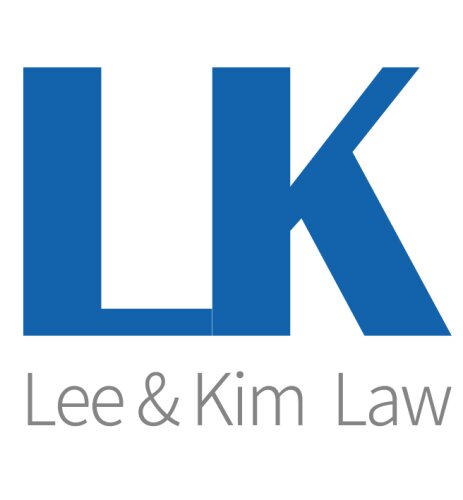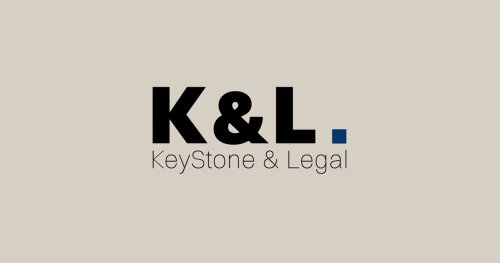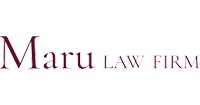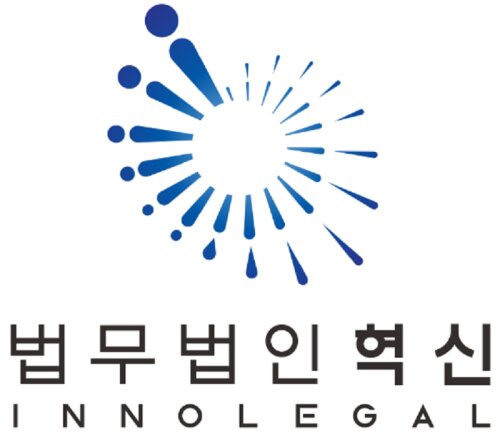Best Land Use & Zoning Lawyers in Seoul
Share your needs with us, get contacted by law firms.
Free. Takes 2 min.
Free Guide to Hiring a Real Estate Lawyer
List of the best lawyers in Seoul, South Korea
About Land Use & Zoning Law in Seoul, South Korea
Land Use & Zoning in Seoul, South Korea refers to the regulations and restrictions set by the local government regarding how land can be used, developed, and constructed upon. These laws are in place to ensure orderly growth and development within the city, and to protect the environment and public safety.
Why You May Need a Lawyer
You may need a lawyer for Land Use & Zoning issues in Seoul, South Korea if you are facing disputes with neighbors or government agencies regarding land use, zoning violations, permit applications, or changes in land use regulations. A lawyer can help you navigate the complex legal system and protect your interests.
Local Laws Overview
Key aspects of local laws related to Land Use & Zoning in Seoul, South Korea include zoning regulations, building codes, environmental impact assessments, land use permits, and development plans. These laws govern how land can be used, what types of structures can be built, and how these developments can impact the surrounding environment.
Frequently Asked Questions
Q: What is the process for obtaining a land use permit in Seoul, South Korea?
A: The process for obtaining a land use permit typically involves submitting an application to the local government, providing detailed plans for the proposed development, and going through a review process to ensure compliance with zoning regulations and other requirements.
Q: What are the common types of zoning regulations in Seoul, South Korea?
A: Common types of zoning regulations in Seoul, South Korea include residential, commercial, industrial, agricultural, and mixed-use zones, each with specific restrictions on the types of activities and developments allowed.
Q: What are some common zoning violations in Seoul, South Korea?
A: Common zoning violations in Seoul, South Korea include unauthorized construction, building code violations, setback violations, and illegal land use activities. These violations can result in fines, penalties, and orders to cease and desist.
Q: Can I appeal a zoning decision in Seoul, South Korea?
A: Yes, you can appeal a zoning decision in Seoul, South Korea by following the procedures set forth in the local regulations, which may include filing an appeal with the local government or seeking legal recourse through the courts.
Q: How can I determine the zoning of a property in Seoul, South Korea?
A: You can determine the zoning of a property in Seoul, South Korea by contacting the local government office or checking the official zoning maps and documents available online. It is important to verify the zoning before making any plans for development or use of the property.
Q: Are there any restrictions on land use near environmentally sensitive areas in Seoul, South Korea?
A: Yes, there are restrictions on land use near environmentally sensitive areas in Seoul, South Korea to protect natural habitats, water sources, and other critical ecosystems. Development near these areas may require special permits and environmental assessments.
Q: Can I apply for a variance to deviate from zoning regulations in Seoul, South Korea?
A: Yes, you can apply for a variance to deviate from zoning regulations in Seoul, South Korea under certain circumstances, such as when strict enforcement would result in undue hardship or when the proposed deviation is in the public interest.
Q: What are the penalties for zoning violations in Seoul, South Korea?
A: Penalties for zoning violations in Seoul, South Korea may include fines, orders to correct the violation, demolition of unauthorized structures, and legal action by the government to enforce compliance with the regulations.
Q: How can I challenge a zoning decision that affects my property rights in Seoul, South Korea?
A: You can challenge a zoning decision that affects your property rights in Seoul, South Korea by seeking legal advice from a qualified attorney who specializes in Land Use & Zoning law. An attorney can help you understand your rights and options for challenging the decision through administrative appeals or judicial review.
Q: What is the role of public input in the zoning process in Seoul, South Korea?
A: Public input plays a crucial role in the zoning process in Seoul, South Korea, as local government agencies often seek feedback from residents, community groups, and other stakeholders before making decisions on land use regulations, zoning changes, and development proposals. Public participation helps ensure that zoning decisions reflect the needs and concerns of the community.
Additional Resources
For more information on Land Use & Zoning in Seoul, South Korea, you can visit the Seoul Metropolitan Government website, which provides resources, guides, and contact information for relevant government agencies. You can also consult with the Korea Land & Housing Corporation or seek assistance from the Korean Bar Association for legal advice.
Next Steps
If you require legal assistance for Land Use & Zoning issues in Seoul, South Korea, it is recommended to contact a qualified attorney who specializes in this area of law. An attorney can provide guidance on your rights, options, and strategies for resolving disputes or seeking approval for land use permits. Be prepared to provide all relevant documents, such as property deeds, zoning maps, permit applications, and correspondence with government agencies.
Lawzana helps you find the best lawyers and law firms in Seoul through a curated and pre-screened list of qualified legal professionals. Our platform offers rankings and detailed profiles of attorneys and law firms, allowing you to compare based on practice areas, including Land Use & Zoning, experience, and client feedback.
Each profile includes a description of the firm's areas of practice, client reviews, team members and partners, year of establishment, spoken languages, office locations, contact information, social media presence, and any published articles or resources. Most firms on our platform speak English and are experienced in both local and international legal matters.
Get a quote from top-rated law firms in Seoul, South Korea — quickly, securely, and without unnecessary hassle.
Disclaimer:
The information provided on this page is for general informational purposes only and does not constitute legal advice. While we strive to ensure the accuracy and relevance of the content, legal information may change over time, and interpretations of the law can vary. You should always consult with a qualified legal professional for advice specific to your situation.
We disclaim all liability for actions taken or not taken based on the content of this page. If you believe any information is incorrect or outdated, please contact us, and we will review and update it where appropriate.

















